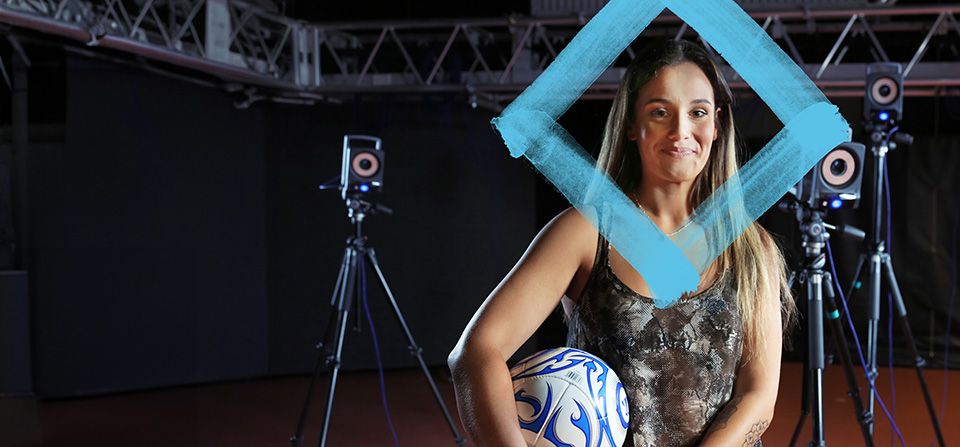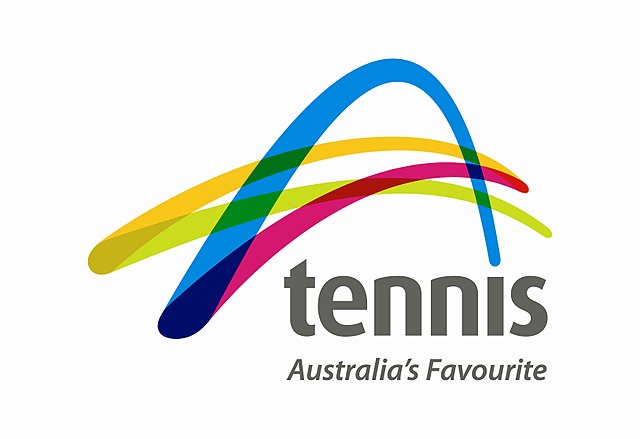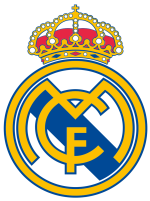Course overview
There is now more data than ever before in sport, including a huge increase in the technologies used to capture this data. So, understanding how to analyse and present this data in a meaningful manner to gain insights, is essential. And it's exactly what we teach in this course.
So, give your team a competitive edge through data by gaining a formal qualification in data science with a unique sports context by studying the Graduate Certificate in Data Analytics for Sport Performance at Victoria University.
This course prepares you to succeed in the growing field of data analysis in sport.
Learning from true industry leaders, you will gain expertise in sports-performance analytics and graduate job-ready with instruction in:
- the latest research insights
- an essential programming language.
Further info:
Study in convenient four-week blocks
Following the overwhelming success of the revolutionary VU Block Model with undergraduate students we have rolled out the Block Model to our postgraduate courses.
This course is delivered in four-week mode, which means you study one unit (subject) at a time over four weeks, rather than juggling several units at once. And with its focused timetables and smaller, collaborative classes, VU’s Block Model gives you more time to connect with your peers, lecturers and industry partners, helping you to build strong professional networks.
The VU Block Model has improved our student results and engagement, and has won multiple international awards for innovation and excellence.
Course structure and learning outcomes
Whilst studying the Graduate Certificate Analytics for Sport Performance, you will complete 4 key units:
- Programming for Sports Performance: This unit will give you exposure on how programming languages can be used to analyse, visualise and communicate sport performance data.
- Introduction to Sports Analytics: This unit will introduce you to data analytics (e.g. finding meaningful patterns within data sets) and how it is used in sport, across a variety of different applications.
- Spatiotemporal Data Analysis in Sport: Learn how to find meaningful patterns within matches, events and training sessions, including athlete ball and tracking data through spatiotemporal (time and space) analysis.
- Analytics for Decision Making in Sports Performance: Students will learn how a decision support development framework can be utilised in high-performance sport.
Learning outcomes
On successful completion of this course, you will be able to:
- Analyse, visualise and interpret sports performance data, using a programming language and translate these results for various audiences.
- Shape innovative practice in sports performance analytics through spatiotemporal data analysis.
- Critically appraise and use data from sport technologies and put this into practice.
- Identify how decision-support systems can assist humans in synthesising and explaining data effectively in high-performance sporting environments.
Why choose VU
Based in Melbourne, Australia, Victoria University has over 100 years of teaching experience and is one of Australia's most recognisable sport universities; which extends to our world rankings.
Top 10 globally for sport
Victoria University (VU) is ranked number 7 globally for sport science*. We have an outstanding reputation in sport, exercise science, health and fitness. Coupled with the most comprehensive range of sport and exercise science facilities in the Southern Hemisphere.
*ShanghaiRanking: Academic Rankings of World Universities
Top 2% of universities globally
VU is ranked in the top 2% of universities worldwide in the Times Higher Education (THE) World University Rankings. The ranking is a list of the best universities globally and is the only international performance ranking to evaluate universities across their core missions of teaching, research, knowledge transfer and international outlook.
World Class Partnerships
Careers in sport analytics
Completing this course will provide you the essential skills to help empower coaches and athletes to succeed through data, working as either a:
- Sport data analyst: In an increasingly crucial role, you will collect, analyse and visualise data in a meaningful manner, to coaches and other performance staff to improve the performance of athletes.
- Sport scientist: competitiveness and skill ceiling in sport has never been higher, which is why you will use current research and scientific principles to assist coaches and athletes in improving their performance.
Where our graduates work
Studying this course has enabled past students to work at many elite sporting institutions, including:
- San Antonio Spurs: professional NBA basketball team
- Saracens F.C: professional English Rugby Union team
- Hudl: data and video platform used in every major league around the world
- ASM Rugby Academy: supporting a top-level professional French Rugby union team, ASM from Clermont-Ferrand
- Rugby Australia: the sport's national governing body in Australia and member of World Rugby
What our students are saying
I found the content delivered throughout the course to be highly relevant and immediately applicable to my work, particularly the skills I developed in R. It was a highly valuable professional development opportunity that has allowed me to take my analysis to the next level, and I found it a lot less daunting to learn a programming language when the content is delivered from sporting contexts.
- Performance Scientist at the Victorian Institute of Sport
Register your interest
Want to gain that competitive edge? Register your interest and we will be in touch with the next steps










